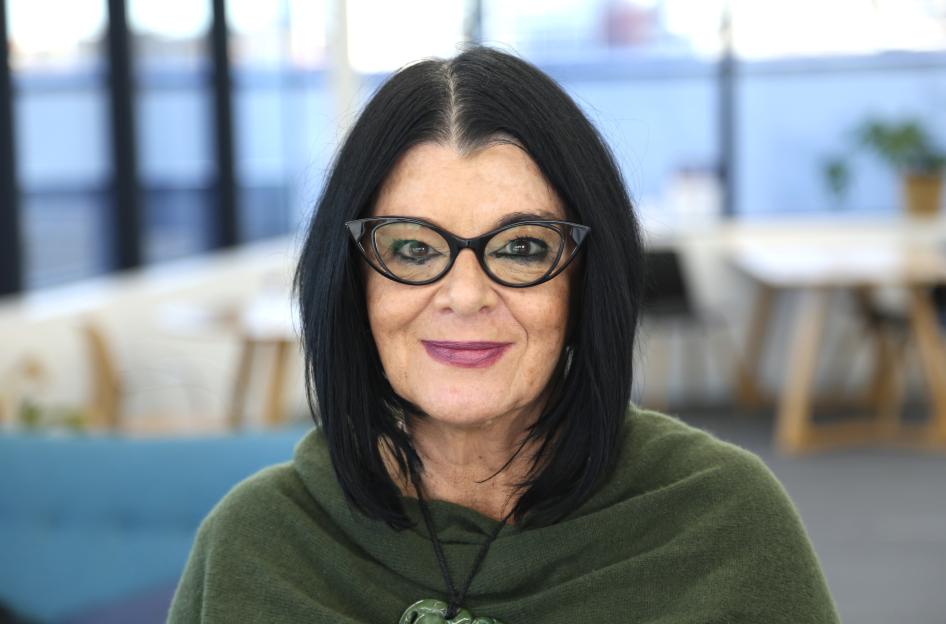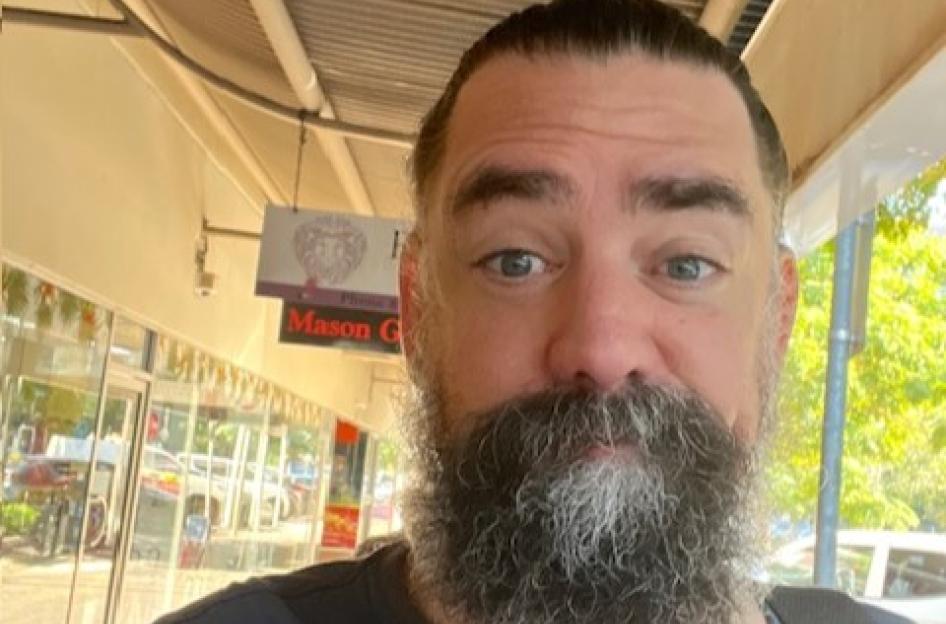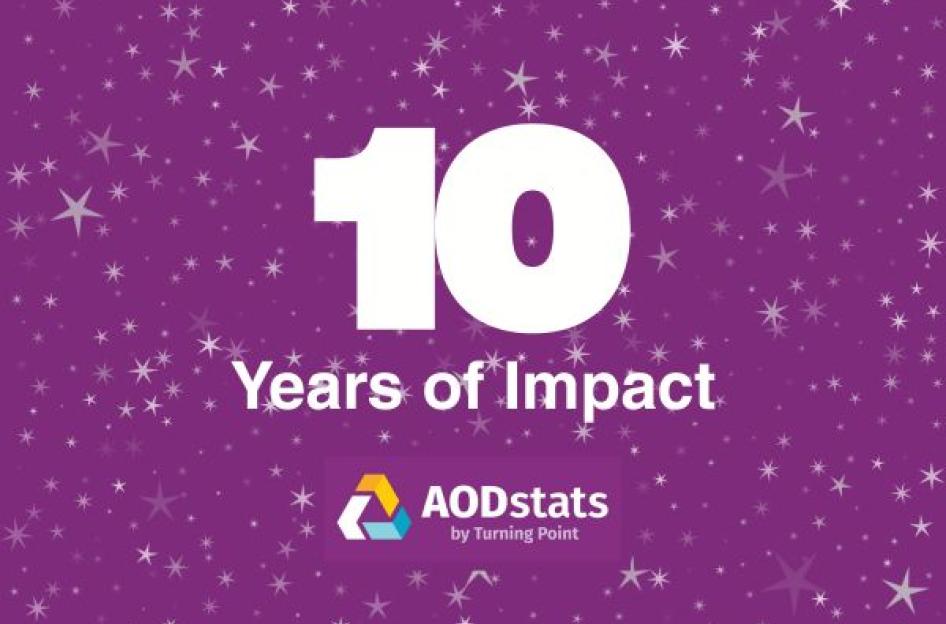July: an opportune time to reassess our relationship with alcohol
Since 2008 people have been participating in Dry July, an annual campaign that encourages us to take a month off alcohol while raising money to help those affected by cancer.
Whether we sign up to do it alone, with a family member, or perhaps a group of friends, Dry July provides us with an opportunity to reassess our relationship with alcohol and the role that it plays in our lives.
As a society, alcohol is a big part of our culture. It’s part of how we play and relax, how we connect with our friends and family, and how we celebrate. But it can also be detrimental to our physical and mental health and has been identified as the sixth leading cause of disease burden in Australia.
Although drinking can be a common way of coping with stress, poor sleep, physical or emotional discomfort and other difficulties, when it starts to become a habit or interferes with your life, alcohol use can become a problem.
In May this year, the release of the revised Guidelines for the treatment of alcohol problems provided updated recommendations for reducing the risk of alcohol-related harm for adults. For healthy adults it is strongly advised that you drink no more than 10 standard drinks a week and no more than 4 standard drinks on any one day to reduce harms. For women who are pregnant or breastfeeding, not drinking any alcohol is safest. And of course, the less you drink the lower your risk of harm from alcohol.
However, we know that reducing drinking or stopping altogether is sometimes easier said than done. And just like taking on Dry July with a family member or friend can help motivate you to change your drinking habits for a month, the role of peer support for those in recovery from alcohol use disorders is an important aspect of help-seeking and treatment for those looking to make a longer-term change.
As part of the new national alcohol treatment guidelines, Turning Point researchers Professor Victoria Manning, Dr Michael Savic and Professor Dan Lubman have contributed a chapter on Peer Support Programs outlining the strength of current evidence for peer support – recommending Alcoholics Anonymous, assertive linkage, SMART Recovery and other peer support models.
Peer support involves the sharing of experiences, knowledge, support, and practical help among people with a lived experience of similar issues or circumstances and is also available for families.
So whether it’s embarking on Dry July, or reducing or stopping alcohol use altogether, the support of others is an important resource to draw on to initiate and maintain your goals.
For more information on Peer Support Programs, you can refer to chapter 11 of the Guidelines for the treatment of alcohol problems.









